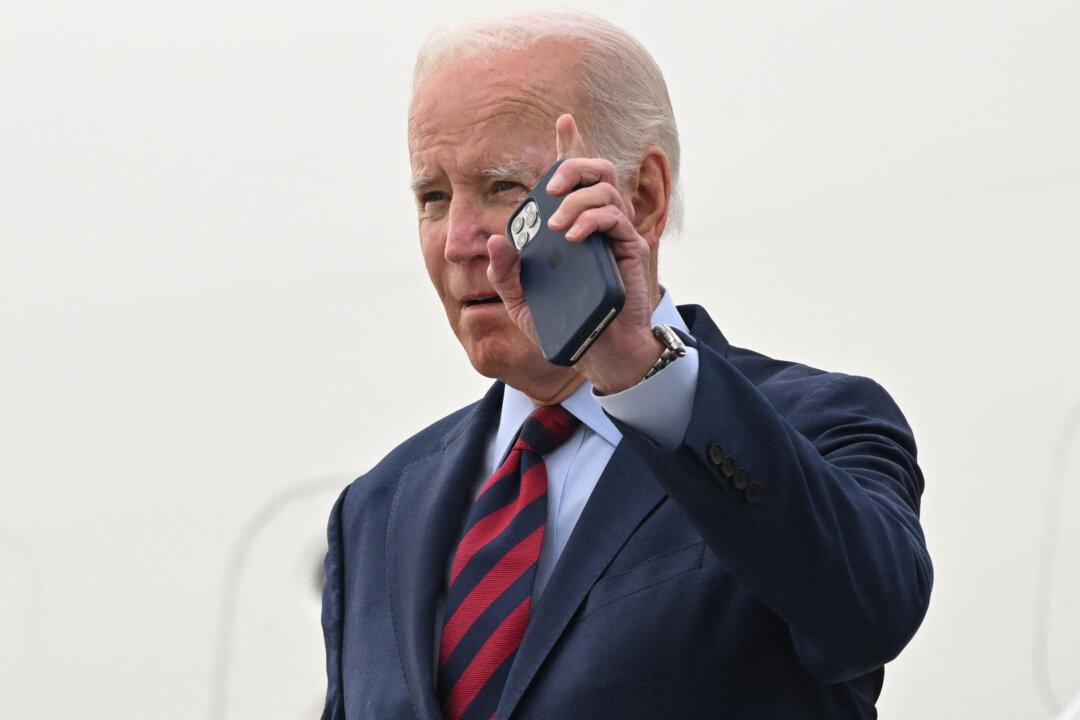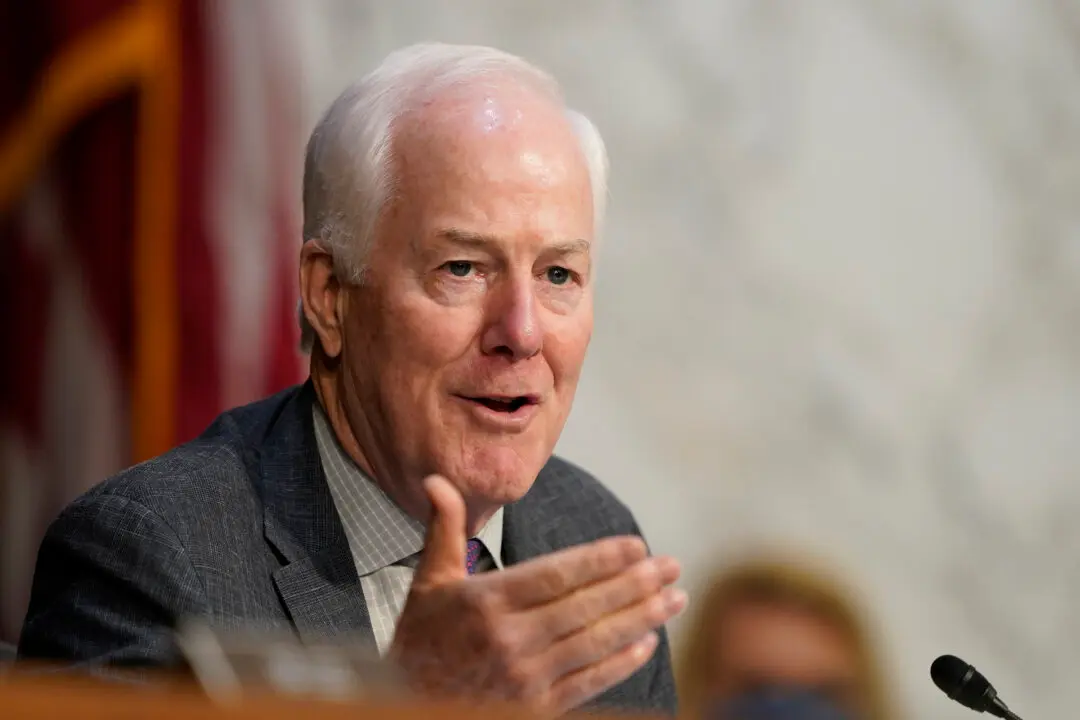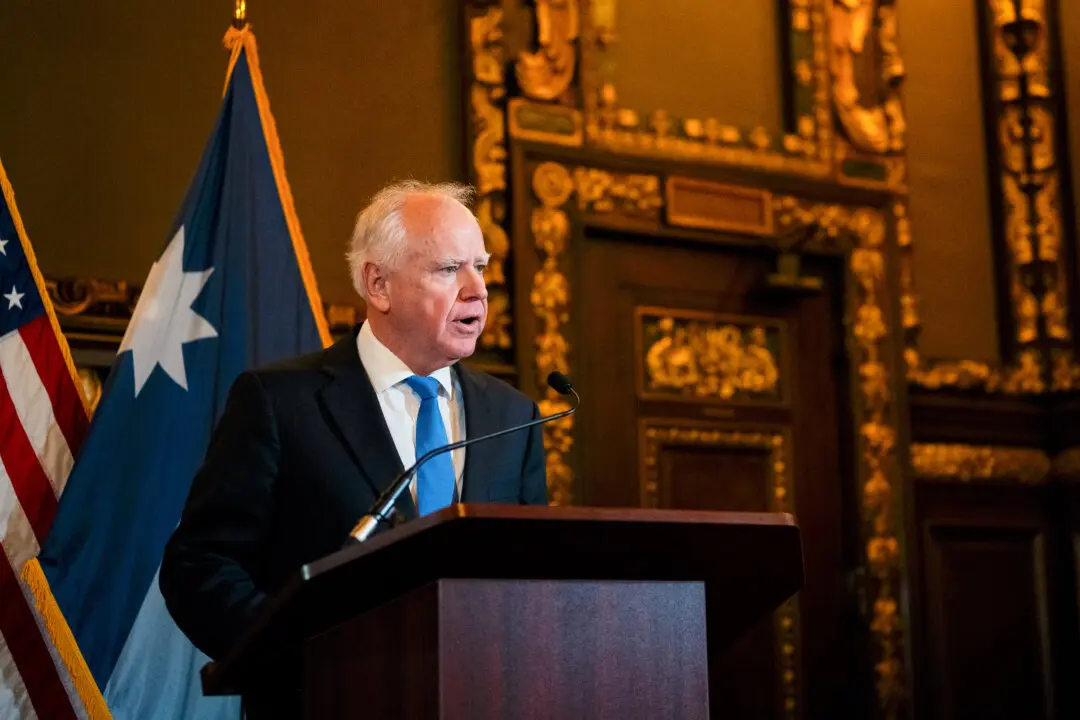In a landmark free-speech case, a federal judge is being asked to block federal officials from continuing to commit “some of the most egregious First Amendment violations in American history.”
Janice Hisle mainly writes in-depth reports based on U.S. political news and cultural trends, following a two-year stint covering President Donald Trump’s 2024 reelection campaign. Before joining The Epoch Times in 2022, she worked more than two decades as a reporter for newspapers in Ohio and authored several books. She is a graduate of Kent State University's journalism program. You can reach Janice at: [email protected]
Author’s Selected Articles





